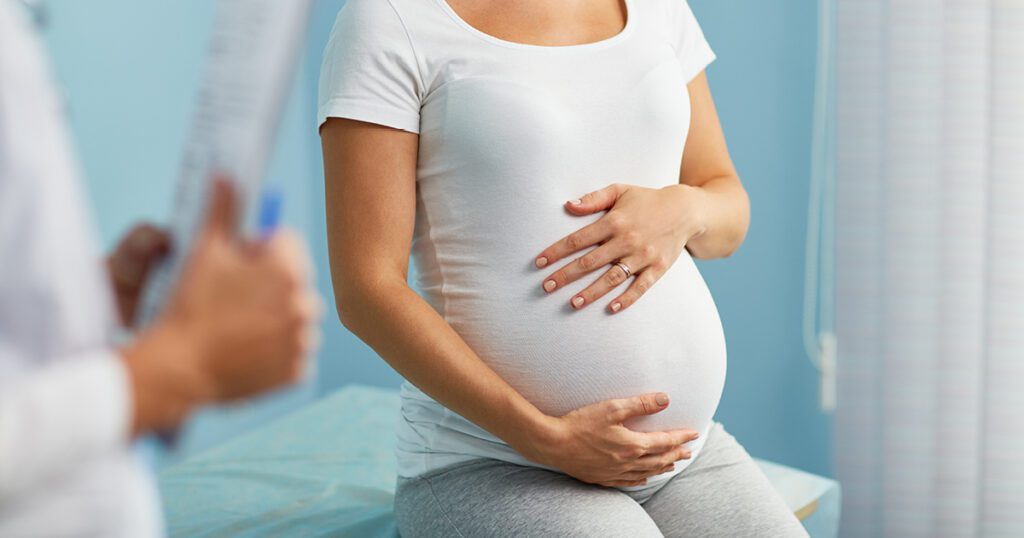Urgent Call for Regulation of Nonprofit Pregnancy Centers
Research indicates that policymakers need to strengthen regulations surrounding nonprofit pregnancy centers, as many may provide dubious treatments and disseminate misinformation.
Growing Presence of Crisis Pregnancy Centers
As of March, Texas, California, and Florida collectively house over 350 crisis pregnancy centers. These nonmedical facilities offer alternatives to abortion. A study analyzing 1,600 crisis pregnancy center websites found that most provided ultrasonography services, nearly half offered STI testing, and 30.4% claimed to provide abortion pill reversal services.
Health Risks Due to Lack of Oversight
According to John W. Ayers, PhD, MA, a respected figure in infectious diseases and global public health at UC San Diego School of Medicine, “While crisis pregnancy centers offer some valuable community services, there is a distinct necessity for heightened regulation and transparency about the medical services they provide.” He highlighted the dangers of promoting unproven and potentially harmful treatments like abortion pill reversal, as well as the unregulated use of ultrasounds and STI testing, all of which jeopardize women’s health.
Key Highlights in Women’s Health
Last week, this topic garnered significant attention in women’s health discussions. Here are other noteworthy stories:
- Need for Enhanced Scrutiny on Crisis Pregnancy Centers: Many nonprofit crisis pregnancy centers in the U.S. advertise various medical services, including abortion education and STI testing, but also provide abortion pill reversal, a method that lacks scientific backing and can be detrimental.
- Fertility Considerations for Women Over 30: Experts suggest that women intending to conceive after age 30 should consider freezing their eggs. This practice serves to improve the chances of future pregnancies and aids in effective family planning.
- Decline in Legal Abortions Nationwide: Data from 2013 to 2022 demonstrate a decrease in both the number and rate of legal abortions across the U.S., coinciding with an increase in abortion ratios.
- Reduced Access to Obstetric Care: Access to hospital-based obstetric services has been noticeably declining in both rural and urban areas over the past decade, particularly affecting hospitals located in rural regions.
- Providing Menstrual Products to the Needy: The Menstrual Health Equity Initiative in the greater Philadelphia area ensures that homeless women and girls have reliable access to menstrual products, enabling them to participate in school and work without interruptions.


